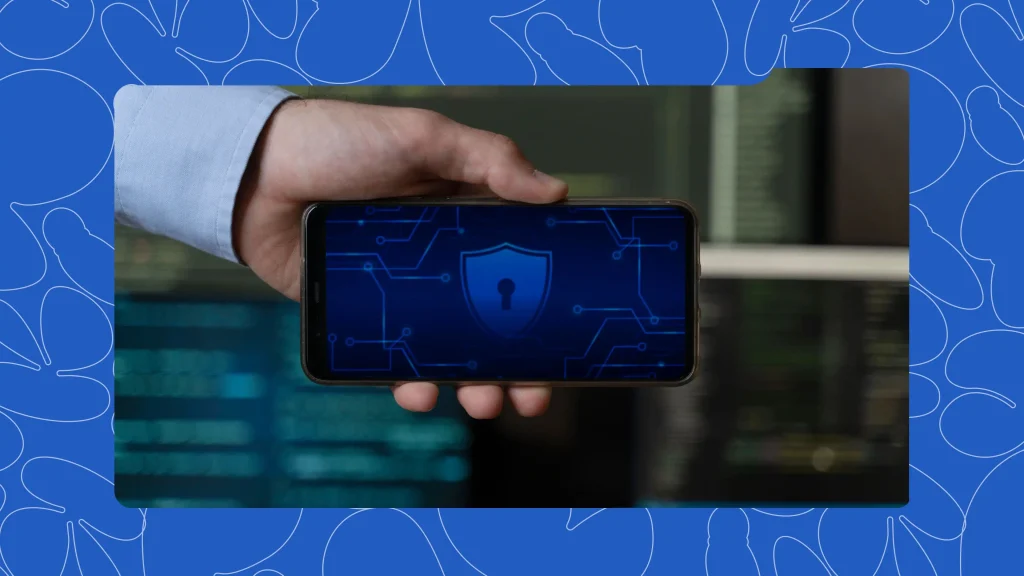Stories of Nigerians losing thousands or even millions of Naira to fraud are all too common, yet many still overlook basic precautions to safeguard their bank accounts.
Internet and mobile banking have revolutionized access to funds, allowing seamless transactions from anywhere.
However, this convenience brings risks, as scammers employ social engineering to trick people into revealing sensitive information, potentially draining their accounts.
Staying vigilant is key to avoiding these threats.
Understanding Phishing Attacks
Phishing involves receiving deceptive SMS, emails, or calls that mimic your bank.
Scammers may pose as representatives, urging you to share personal details under a false sense of urgency.
Emails often include links or attachments—clicking these can lead to fake websites where hackers steal data, or install malware on your device.
These messages may look legitimate, featuring your bank’s logo and letterhead, making them hard to spot without caution.
Spotting Phishing Red Flags
Watch for these warning signs to identify phishing attempts: –
- Threats to block your ATM card or account unless you act immediately.
- Requests for personal information to “resolve” an issue.
- Offers tempting you to click links or download attachments.
- Generic greetings like “Dear customer” (though targeted attacks may use your name).
- Spelling mistakes, typos, or odd fonts.
- URLs that differ from your bank’s official site when hovered over. These clues can help you stay one step ahead of fraudsters.
Practical Steps to Stay Safe
Protecting your finances requires proactive measures and awareness:
- Use an email provider with spam, malware, and phishing filters.
- Tighten your email spam filter settings.
- Enable two-factor authentication for email and social media.
- Install a robust antivirus on your devices.
- Create strong passwords for your bank card, email, and social accounts.
- Download banking apps only from official sources.
- Never share security details, even with bank staff.
- Avoid clicking links or attachments in unsolicited messages; copy and paste URLs into your browser to verify authenticity.
- Contact your bank directly to confirm suspicious communications.
- Look for “HTTPS” on secure websites, including your bank’s. Scammers evolve constantly, so staying alert is your best defense against becoming a victim.






